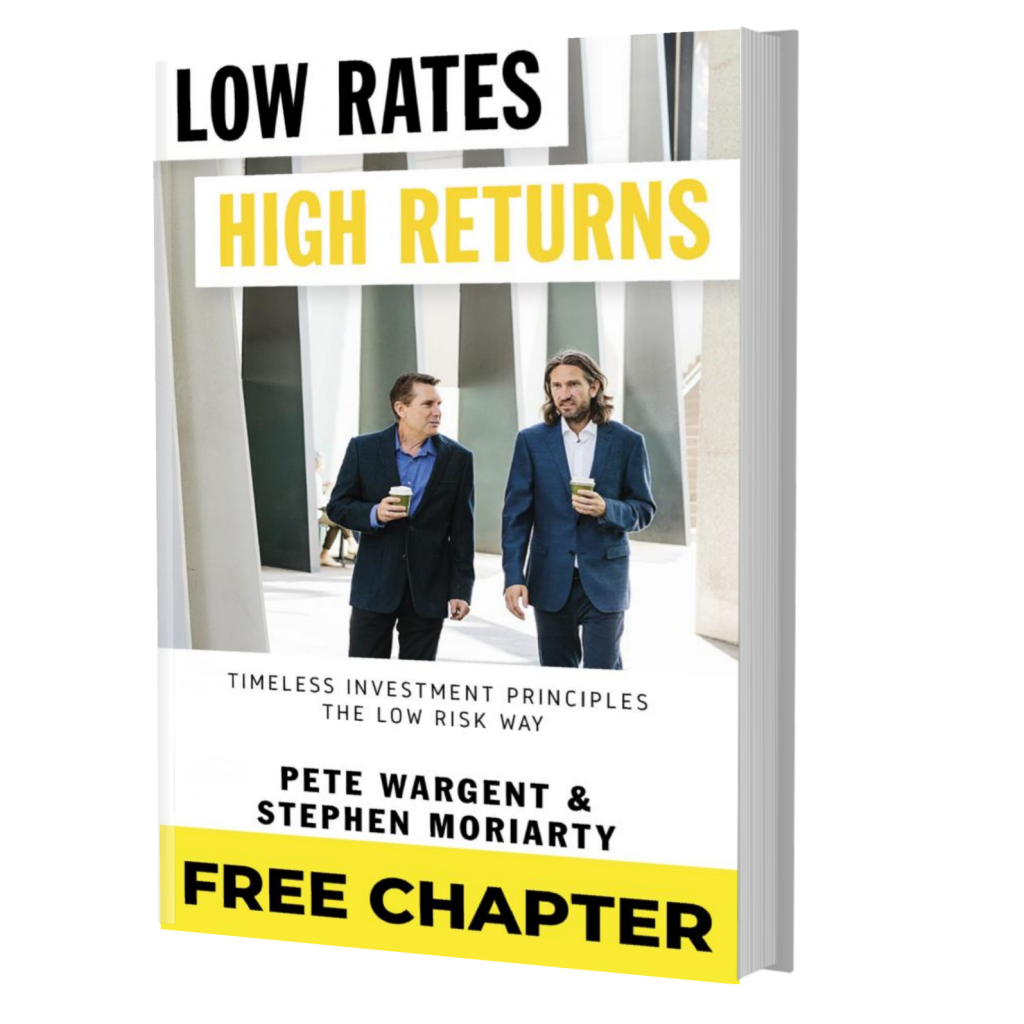Resolution for a new year
The year is the best part of a week old and I haven’t written one of those “2017 in review” pieces, or for that matter a “what to expect in 2018”, at least partly because I wanted to see what everyone else is saying.
One of the general themes appears to be that 2018 is going to be tougher for many of us.
People say that every year, of course, but arguably it’s true that there are some speed-bumps ahead.
Half a decade ago, fear abounded as Europe appeared be imploding in a maelstrom of debt contagion, and this chronic uncertainty and associated turbulence was to some extent reflected in cheaper asset prices.
Today, the global economy appears to be in a synchronised upswing, and Australia’s economy is finally freed from the shackles of its mining investment downturn or drag, but the trade-off is that most investment markets now seem to be both blissfully calm and worryingly expensive.
Weaknesses & strengths
There will of course be some unforeseen turmoil in 2018, as is the case every year.
Don’t be afraid of challenges – courage and psychological strength can often be built or drawn from trauma or tough times – but ultimately you will need to believe that you can win.
The ideal mantra to adopt this year is to try to turn perceived disadvantages into advantages.
How can a potential weakness become a strength for you?
If you’re a real estate developer or investor and the banks won’t lend to you, perhaps this is a signal to reduce expenses and debt, increase your income, or start a new business?
If you’re operating in the retail (or real estate sales) sector and your margins are being squeezed, does the inevitable industry disruption present new possibilities or business ideas?
A number of international share markets have soared to unprecedented heights, but by way of one example alternative I’ve found some decent risk-adjusted returns in the peer-to-peer lending space, in a market (London property) that I understand reasonably well. Others might look at corporate bonds with a portion of their capital.
These examples may or may not be relevant to you, but the point is to consider how you can respond to setbacks or potential roadblocks.
That which does not kill you…
When they arrive, times of change invariably bring opportunities, innovative products, fresh angles & ideas, and new ways to profit.
Furthermore, as Malcolm Gladwell argued in David & Goliath, bigger does not always equal better.
Smaller can mean more agile, and those with fewer tools & resources at their disposal can beat the big boys, not least because those with less to lose can afford to take risks or a more unconventional approach – the way to beat the giants is often not to play by their rules.
Winning the small battles can often seem easier if you have a higher purpose or a suite of inspiring goals.
And don’t forget your secret weapon, the 40% rule: if you display some resilience in the face of adversity this year, most people will give up sooner than you because they will assume that everything is just too hard.





